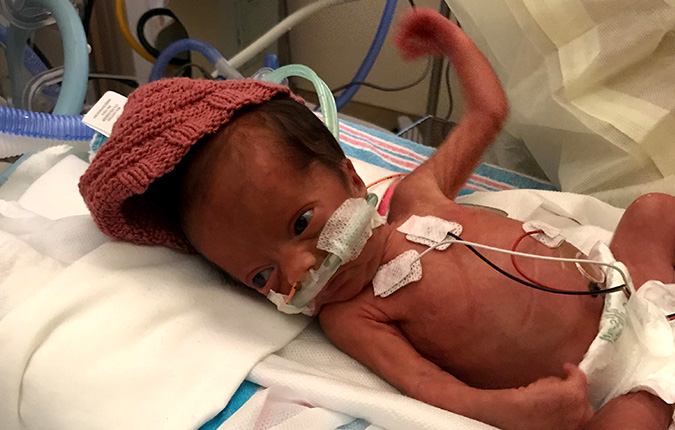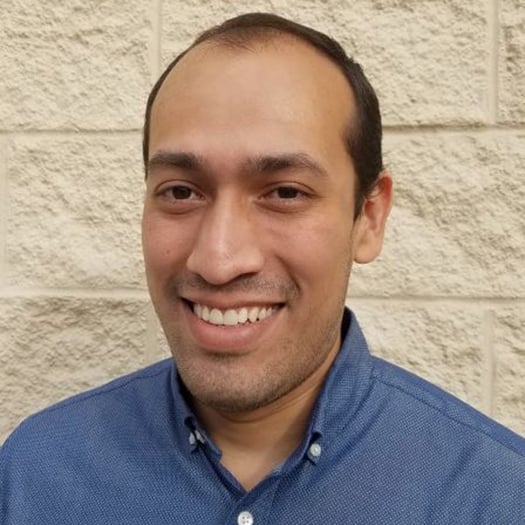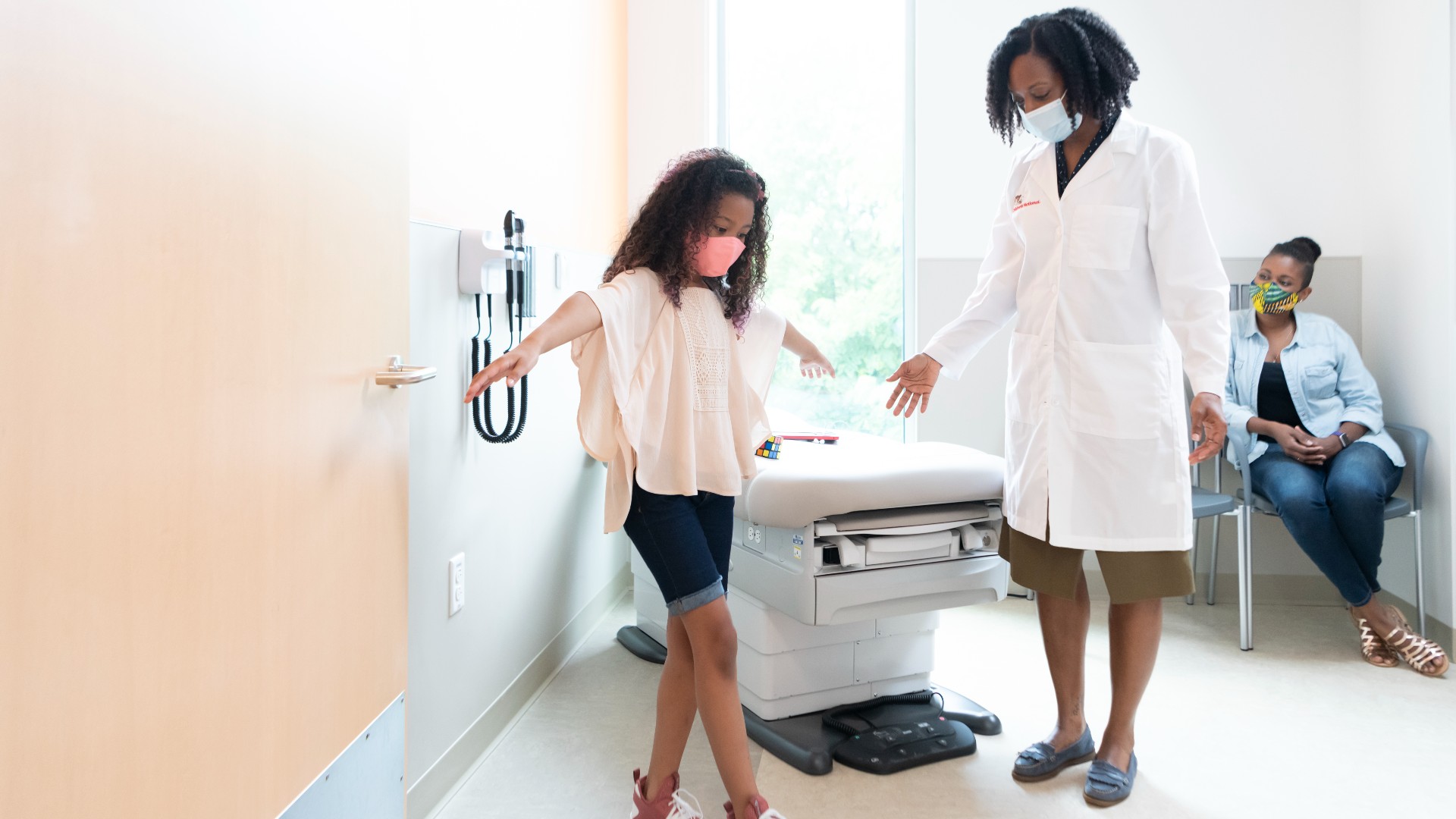Condition
Pediatric Tourette Syndrome
Key Points About Tourette Syndrome in Children
- Tourette syndrome is a neurological disorder. It affects more boys than girls.
- The disease causes repeated tics. These are sudden, uncontrolled vocal sounds or muscle jerks.
- Symptoms of Tourette syndrome often begin between ages 5 and 10.
- Tourette syndrome can occur differently in boys and girls. Boys are more likely to have long-term (chronic) tics. Girls are more likely to have obsessive-compulsive disorder (OCD).
- Some children may not need treatment. A child with Tourette syndrome can usually function well at home and in a regular classroom. In some cases, a child may need special classes, psychotherapy or medicine.
- A family with a history of Tourette syndrome should speak with a geneticist or a genetic counselor.
Frequently Asked Questions
What is Tourette syndrome in children?
What causes Tourette syndrome in a child?
Which children are at risk for Tourette syndrome?
What are the symptoms of Tourette syndrome in a child?
How is Tourette syndrome diagnosed in a child?
How is Tourette syndrome treated in a child?
What are possible complications of Tourette syndrome in a child?
How can I help prevent Tourette syndrome in my child?
How can I help my child live with Tourette syndrome?
When should I call my child’s healthcare provider?

Movement Disorders Treatment at Children's National Hospital
The Movement Disorders Program at Children’s National offers evaluation, diagnosis and treatment to more than 400 children each year with conditions that affect the speed, quality and ease of their movement. Discover more about the treatments we offer.

Providers Who Treat Tourette Syndrome
 Aasha's Rare Gift Will Help Other Babies Grow up Healthy
Aasha's Rare Gift Will Help Other Babies Grow up HealthyTesting the descrption field
Departments that Treat Tourette Syndrome

Psychology and Behavioral Health
In the Division of Psychology and Behavioral Health, our child psychologists and other mental health professionals work exclusively with children and teens, emphasizing patient and family-focused care.










